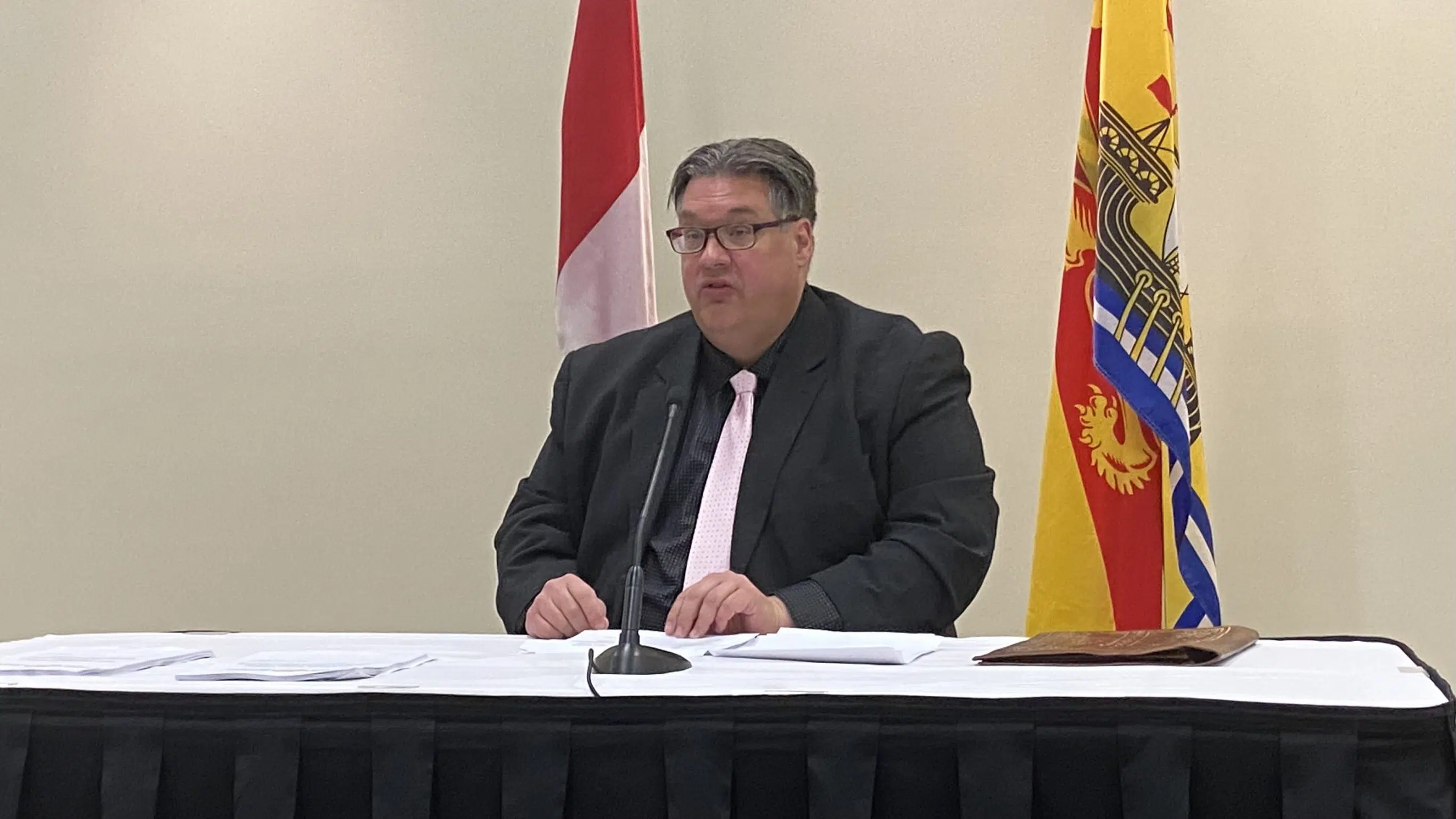New Brunswick showed a lack of accountability and due diligence when it approved funding for a private addiction centre, according to a provincial watchdog.
Child, Youth and Seniors’ Advocate Kelly Lamrock made the finding in a new report his office released on Thursday morning.
At the centre of it was a $1.46-million payment provided by the Regional Development Corporation (RDC) to Village of Hope.
The money was provided for an expansion of the private faith-based addictions centre in Tracy, south of Fredericton.
Lamrock said RDC, as an economic development body, is not equipped to manage social services funding and policy considerations.
“It is clear that the Regional Development Corporation’s process did not account for the potential impacts of shifting addiction treatment capacity toward faith-based services without adequate review of the overall system capacity,” he said.
“Fast-tracking faith-based services through a political process while failing to address wait-lists for regulated, evidence-based services can remove the ability of people seeking help to truly exercise free, informed consent.”
Government must ensure that social programs are funded and managed by the departments with the necessary expertise to oversee them, said Lamrock.
Lamrock launched the investigation pursuant to his mandate to examine government actions affecting vulnerable adults.
The advocate made it clear that Village of Hope acted in good faith within the application process, and that the lack of due diligence was a failing of government.
“There is no evidence of wrongdoing by Village of Hope. However, its activities – like many social services – place operators in a position of great power over vulnerable people. These models require robust oversight to ensure safety and effectiveness,” said Lamrock.
“Currently, several government departments appear to refer vulnerable people to Village of Hope while taking no responsibility for oversight to avoid exploitation.
“This creates a troubling scenario where government departments know just enough to use the program but not enough to be accountable if something goes wrong.”
Lamrock’s report also called on the government to provide better regulatory oversight and accreditation of private addiction treatment centres if it is to refer vulnerable people to them for care.
It noted the use of unpaid labour and supervised living conditions in the Village of Hope treatment model and the disconnect between government departments facilitating placements while having no mechanism to ensure safety.
His report made a number of recommendations, which include clarifying RDC’s role regarding the funding of social programs and services and addressing wait times for addiction services.





